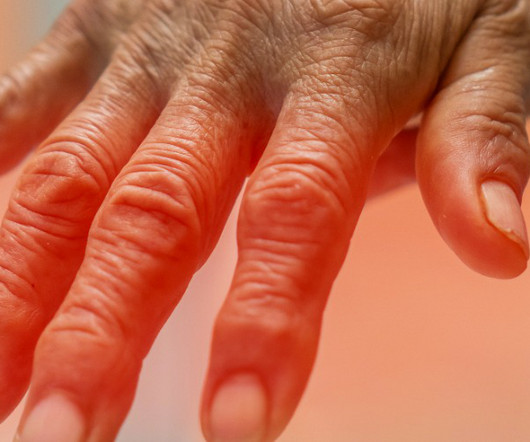Postural Sway Velocity Effective for Assessing Diabetic Peripheral Neuropathy
Physician's Weekly
JUNE 17, 2025
Postural sway velocity as a screening tool in diabetic peripheral neuropathy represents a potential early marker of balance impairment and fall risk. The 2025 annual meeting of the Peripheral Nerve Society (PNS) took place in Edinburgh, Scotland, from May 17, 2025 to May 20, 2025.












Let's personalize your content